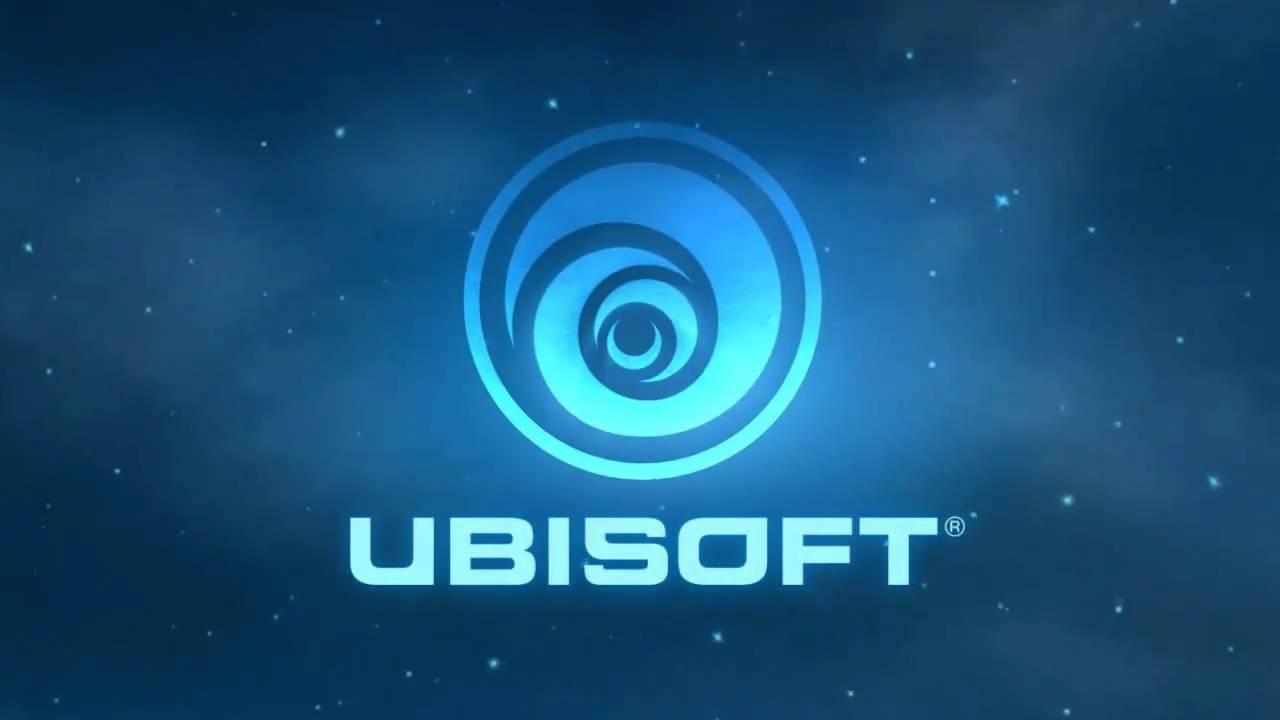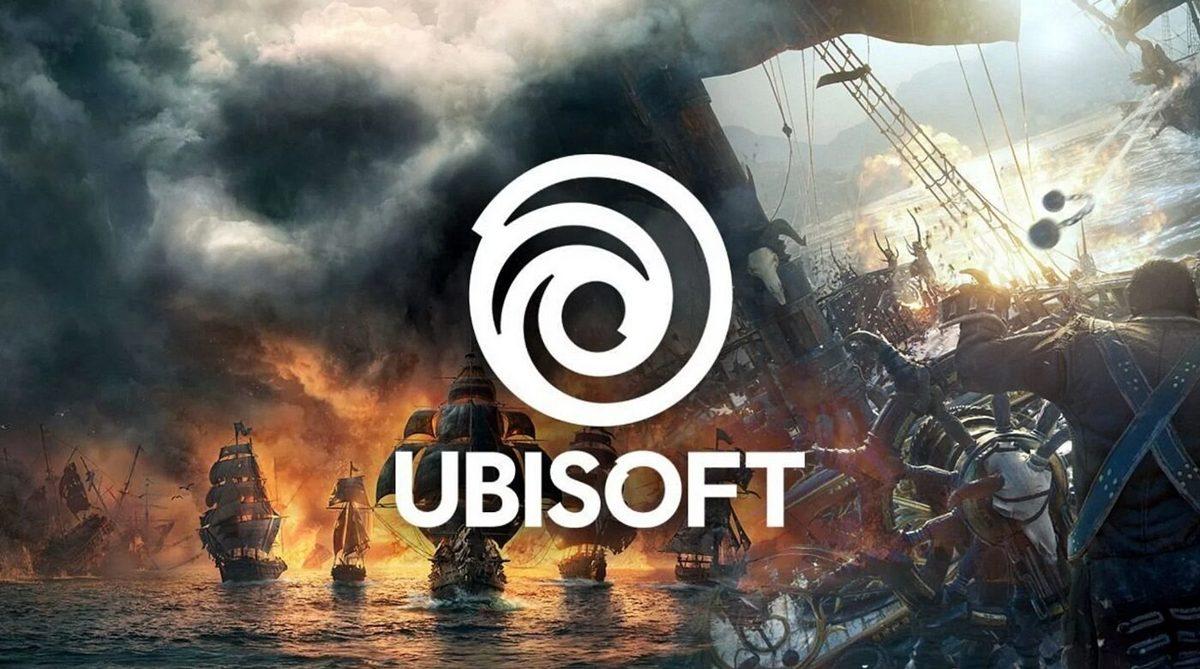Ubisofts Controversial Decision to Shut Down The Crew Faces Legal Backlash
Ubisoft’s abrupt decision to discontinue The Crew, a popular online racing franchise, has sparked significant outrage among its dedicated player base, leading to a swift legal response. Gamers have filed a lawsuit claiming that the shutdown violates the terms of service agreements, which they argue guarantee continued access to the game. The plaintiffs assert that by removing the game from service, Ubisoft has effectively broken its promise to provide ongoing support and content updates, thus undermining the investment players made in both time and money. The suit seeks not only damages but also an injunction to reinstate the game, allowing players a chance to reclaim their lost digital property.
The legal claims against Ubisoft highlight a broader issue within the gaming industry, where the lifecycle of online games can be uncertain. Analysts have noted several key points in the argument, including:
- Consumer Rights: Whether players have ownership rights over digital content they purchase.
- Company Accountability: The obligation of game developers to uphold service agreements.
- Community Impact: The negative effect on dedicated fan communities that rely on ongoing game support.
As this case unfolds, it could set a significant precedent regarding players’ rights in the digital landscape of gaming, potentially prompting other companies to reassess their policies regarding game longevity and player investments.
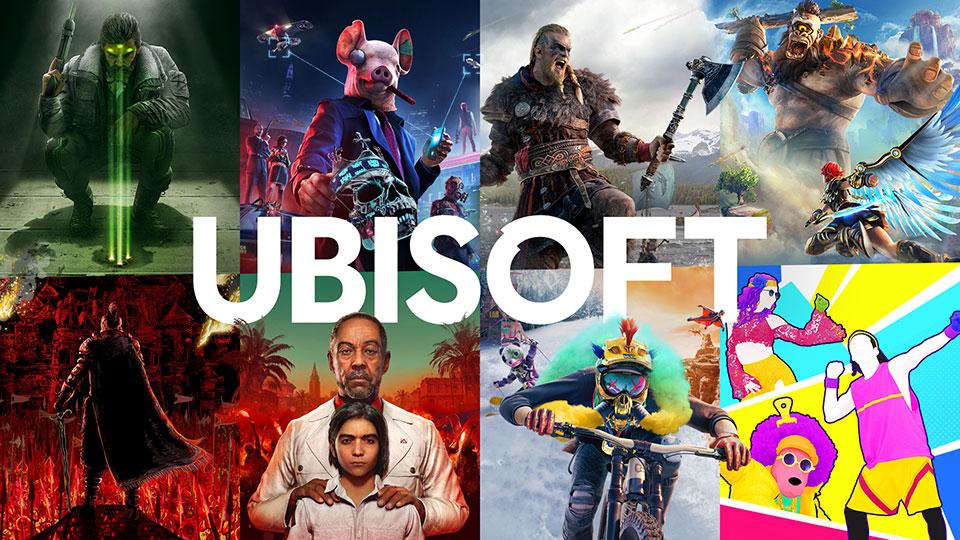
Exploring the Impact of Game Server Shutdowns on Community and Player Trust
The recent lawsuit against Ubisoft regarding the shutdown of The Crew has ignited discussions within the gaming community about the broader implications of game server closures. Players often invest countless hours, emotional energy, and financial resources into their favorite games, and the unexpected termination of online services can feel like a betrayal. As communities built around these games dissolve, the trust players place in developers significantly erodes. This situation is exacerbated when announcements come with little warning or transparency, leaving players feeling powerless and disenfranchised. The fallout can ripple through online forums and social media, as former players voice their frustrations and contemplate the future of their gaming experiences.
Furthermore, the impact extends beyond the individual player; entire communities that thrive on shared experiences and cooperative gameplay face dissolution. Social bonds are forged in these digital worlds, and their abrupt dismantling can lead to feelings of isolation and discontent among dedicated fans. Developers are increasingly scrutinized for their commitments to maintain game servers, and a trend towards more sustainable and player-centric practices is emerging. As the industry adapts, creating a sense of accountability in this era of digital leisure becomes crucial. Not only does it involve supporting ongoing player engagement, but it also reflects a larger movement for ethical standards in gaming that prioritize community trust and loyalty.
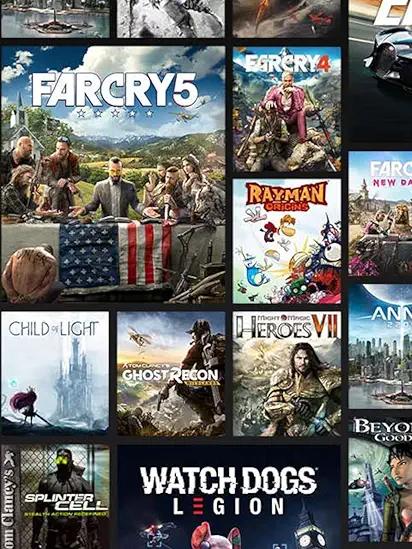
Legal Perspectives: Examining the Grounds of the Lawsuit Against Ubisoft
The recent lawsuit against Ubisoft has brought to light several legal dimensions worth exploring, primarily surrounding intellectual property rights and consumer protection laws. The core allegation points to the abrupt shutdown of “The Crew,” which has led to questions about whether the company’s actions violated established agreements regarding user-generated content and player access. Players argue that they invested considerable time and money into the game, creating content that they believe is rightfully theirs, thus challenging Ubisoft’s ownership claims over user-created assets.
Furthermore, the lawsuit could hinge on the argument of unfair trade practices. Gamers contend that by discontinuing the game without prior notice or appropriate compensation, Ubisoft engaged in practices detrimental to its consumer base. As part of the litigation, the plaintiffs seek to invoke consumer protection laws that demand fairness in business transactions, potentially setting a precedent for future cases involving digital content. This multifaceted approach raises critical questions about the responsibilities of game developers towards their players and may lead to a reevaluation of the legal frameworks governing digital entertainment platforms.
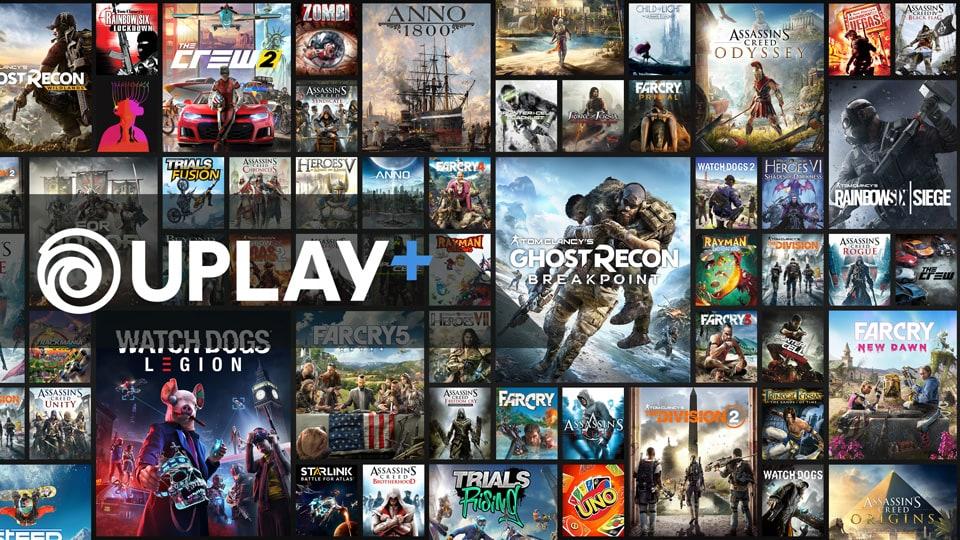
Recommendations for Game Developers on Community Engagement and Transparency
In light of the recent lawsuit against Ubisoft over the shutdown of *The Crew*, it is essential for game developers to reassess their approach to community engagement and transparency. A proactive strategy can not only mitigate backlash but also foster a stronger relationship with players. Developers should actively seek feedback during the lifecycle of their games, using forums, social media, and community events to create an open dialogue. Transparency about product updates, potential changes, and future projects can help players feel a sense of ownership and connection to the game. This can be achieved by:
- Regularly updating players on development milestones and addressing community concerns.
- Hosting Q&A sessions and live streams to directly interact with the audience.
- Building a dedicated community board for fans to share ideas and feedback.
Moreover, establishing clear communication regarding game support and potential discontinuation is paramount. Developers should consider the impact of their decisions on loyal fanbases, as choices made in isolation can evoke widespread discontent. By implementing backend systems that notify players of game status changes and ensuring that any discontinuation plans are communicated thoughtfully, developers can promote goodwill. Strategies to reinforce this include:
- Publishing detailed announcements around service changes well in advance.
- Engaging with influencers who can help disseminate information and provide context.
- Offering exclusive content or rewards to transitioning communities to soften the impact of major changes.
